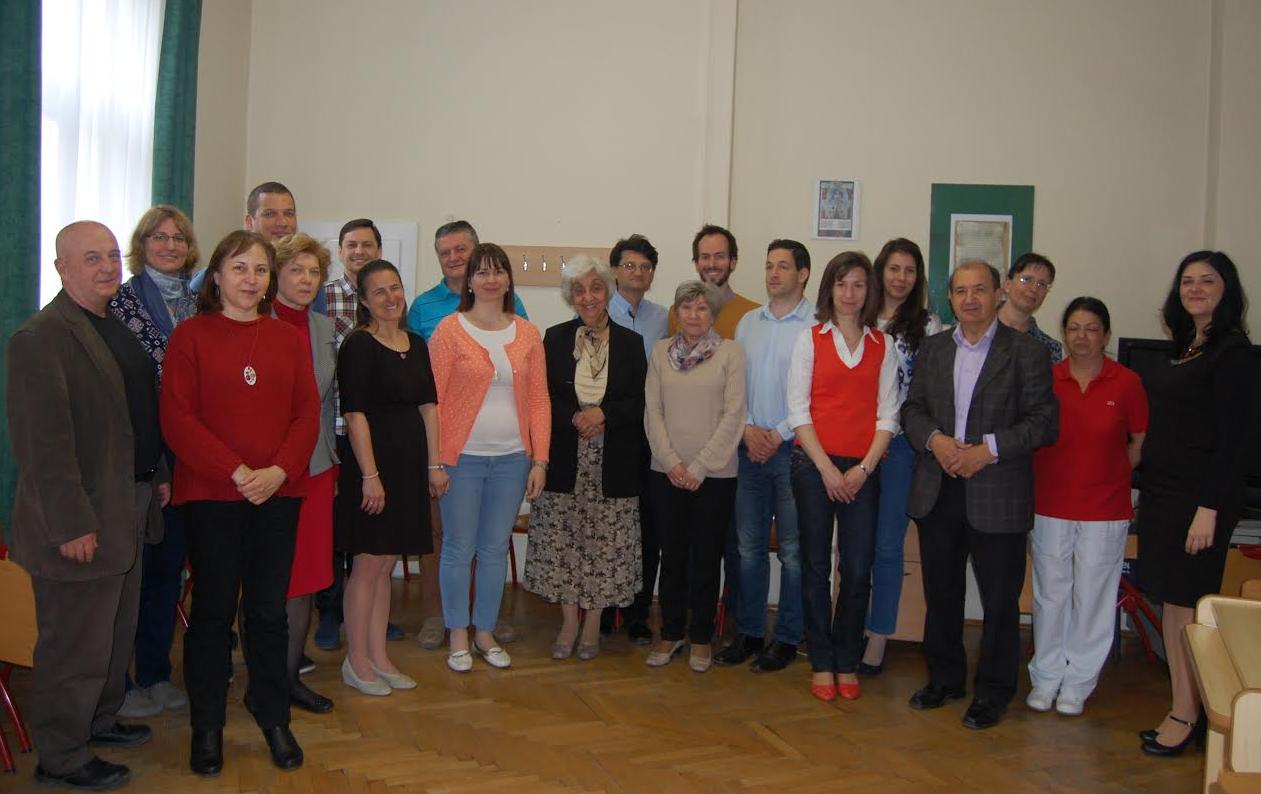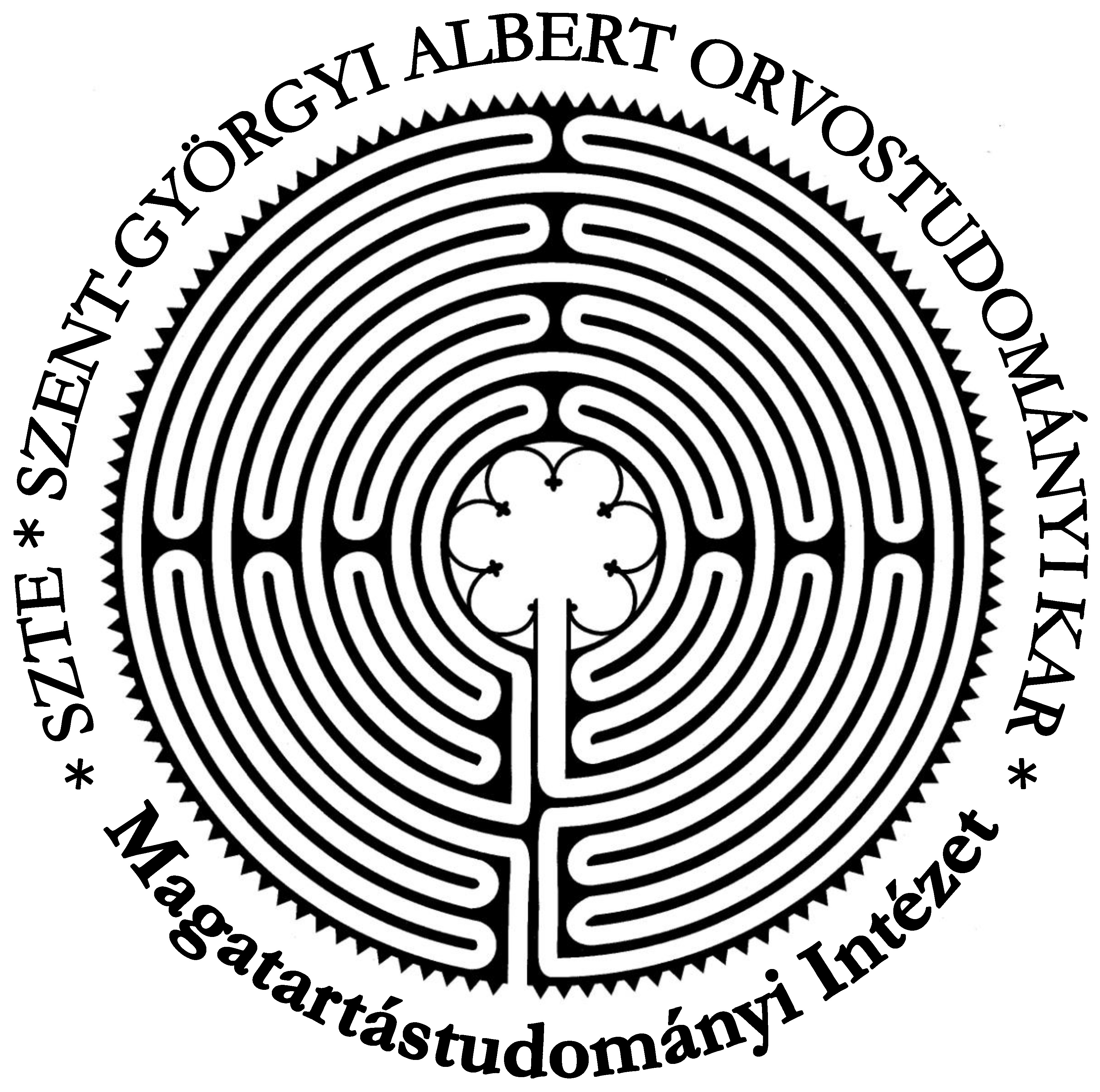Welcome to our dear Students, Colleagues, and Visitors!
We believe that the medical profession should not only focus on treating physical illnesses but also take into account the patient's mental, emotional, social, spiritual, and social well-being. Behavioral sciences, employing this holistic approach, examine the laws of human behavior from an interdisciplinary perspective, focusing on the interactions between individuals and their environment. The significance of these aspects in medical education is increasingly recognized worldwide, and Hungary is no exception.
At the University of Szeged, dr. habil. Katalin Barabás initiated the teaching of behavioral sciences, leading to the establishment of the Educational Group of Behavioral Science and Medical Psychology at the Department of Psychiatry, University of Szeged in 1998. Until her retirement, dr. Barabás led the Group, which later became an independent unit of the Albert Szent-Györgyi Medical School, University of Szeged in 2008. In 2015, dr. habil. Oguz Kelemen took over the Department’s leadership from dr. Barabás.
Our Department has a dual mission: to provide high-quality education that meets international standards, and to immerse our research groups in relevant and current research topics, publishing their findings both nationally and on the international stage.
 |
Educational activities
The colleagues of the Department currently conduct educational activities across four faculties of the University of Szeged – the medical, dental, health sciences, and humanities faculties – at undergraduate, postgraduate, and extracurricular levels. Within the Albert Szent-Györgyi Medical School, the Department plays a pivotal role in shaping the attitudes of medical students through a curriculum spanning four years. The behavioral science courses follow a spiral, cumulative structure, alongside mandatory subjects, offering numerous elective courses such as thanatology, gerontology, health promotion and education, learning strategies, as well as the behavioral basics of harmful addictions.
Attitude and Anthropology: Establishing Medical Behavior
The Department’s attitude-shaping courses impart values and qualities endorsed by international literature as essential for becoming a "good" physician. These courses contribute to medical students not only becoming excellent professionals but also empathetic, understanding, and ethically sound healers capable of partner-like communication with patients and making optimal decisions for them during clinical practice.
Psychology: Understanding the Human Psyche
The subject of medical psychology primarily aims to enable doctors to understand the psychological processes patients undergo during treatment and care, identifying and addressing the psychological aspects of illnesses. Students also learn to establish confidential doctor–patient relationship and, with particular emphasis, manage crisis situations and stress encountered in their daily medical practice.
Bioethics and Communication: Foundations of Medical Decision-Making
Bioethics education at our Department is uniquely structured to bridge the preclinical and clinical years, offering medical students practical applications of bioethical theories. Case-centered seminars help students make ethically sound decisions, considering patient rights, societal and cultural differences, and the challenges of modern medicine. Through these experiences, students develop skills and ethical frameworks to navigate challenging decision-making scenarios and uphold patient dignity and autonomy under all circumstances.
Research Activities
The Department is actively involved in various areas through multiple research groups. Key research fields include youth health behaviors, psychological phenomena (e.g., burnout), health literacy, ethical dilemmas (e.g., moral distress), and advancements in medical education.
Students consistently achieve outstanding results at local Scientific Student Conferences, and our Department regularly hosts the Conference on Behavioral Sciences every two years, attended by behavioral science organizations of Hungarian medical universities. Our colleagues participate in the so-called Researchers’ Night annually, collaborating with civil organizations and student associations to promote science. They also frequently present at numerous international and national conferences, organizing lectures, thematic symposiums, and roundtable discussions.
Recognizing the importance of nurturing future talent, our leading educators supervise PhD students interested in behavioral sciences in several doctoral schools, integrating them into our research projects – often leading to their eventual employment within our Department.
Why It Matters
The subjects taught by the Department of Behavioral Sciences not only expand medical knowledge but also contribute to preparing future physicians who are more empathetic, ethically sensitive, and psychologically prepared for the demanding profession ahead. As one of our students aptly put it:
“The scientific subjects are very useful for becoming a highly skilled doctor, but every behavioral science class reminds me that this knowledge is insignificant if I’m not a compassionate, empathetic doctor. These courses add the ‘essence’.”
 University of Szeged
University of Szeged
